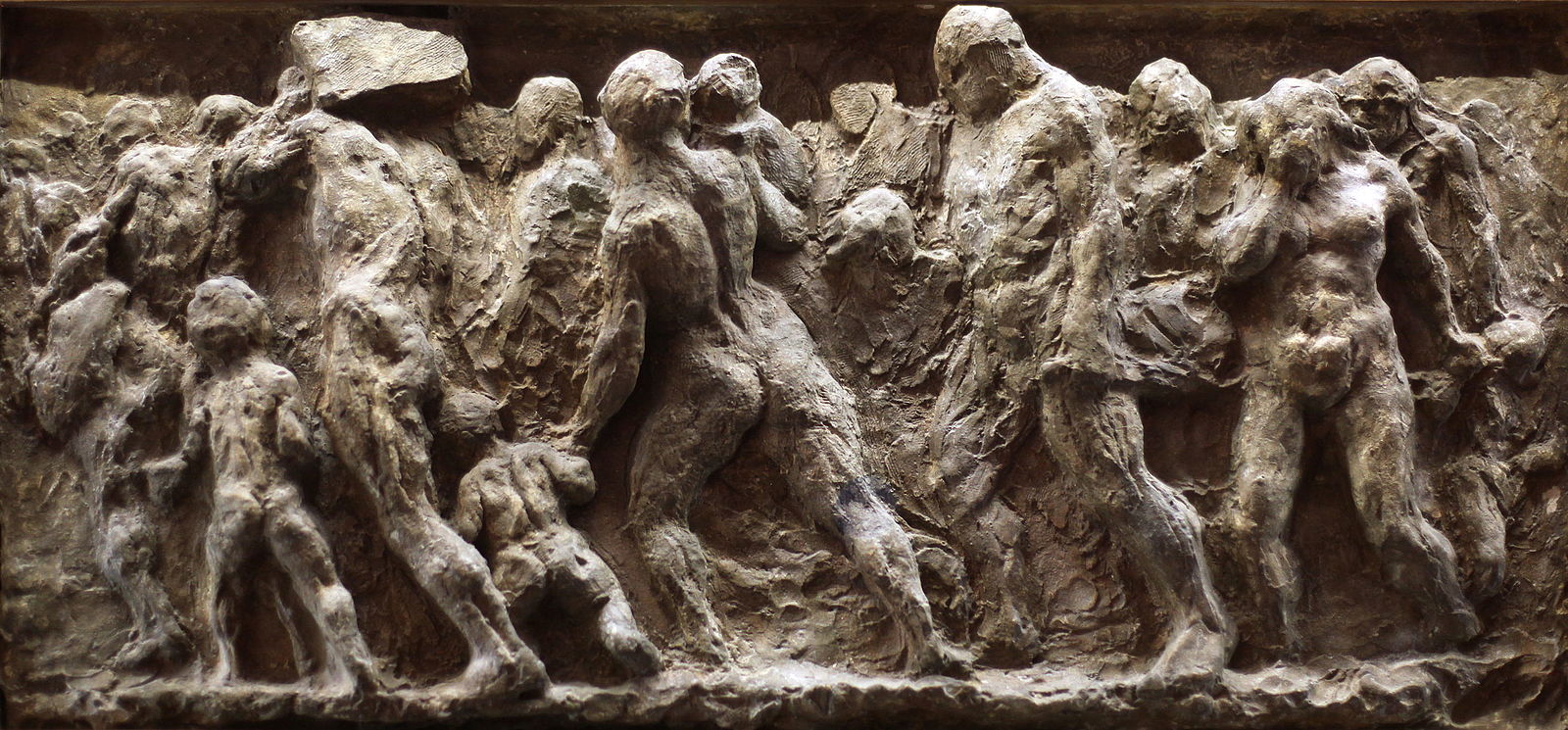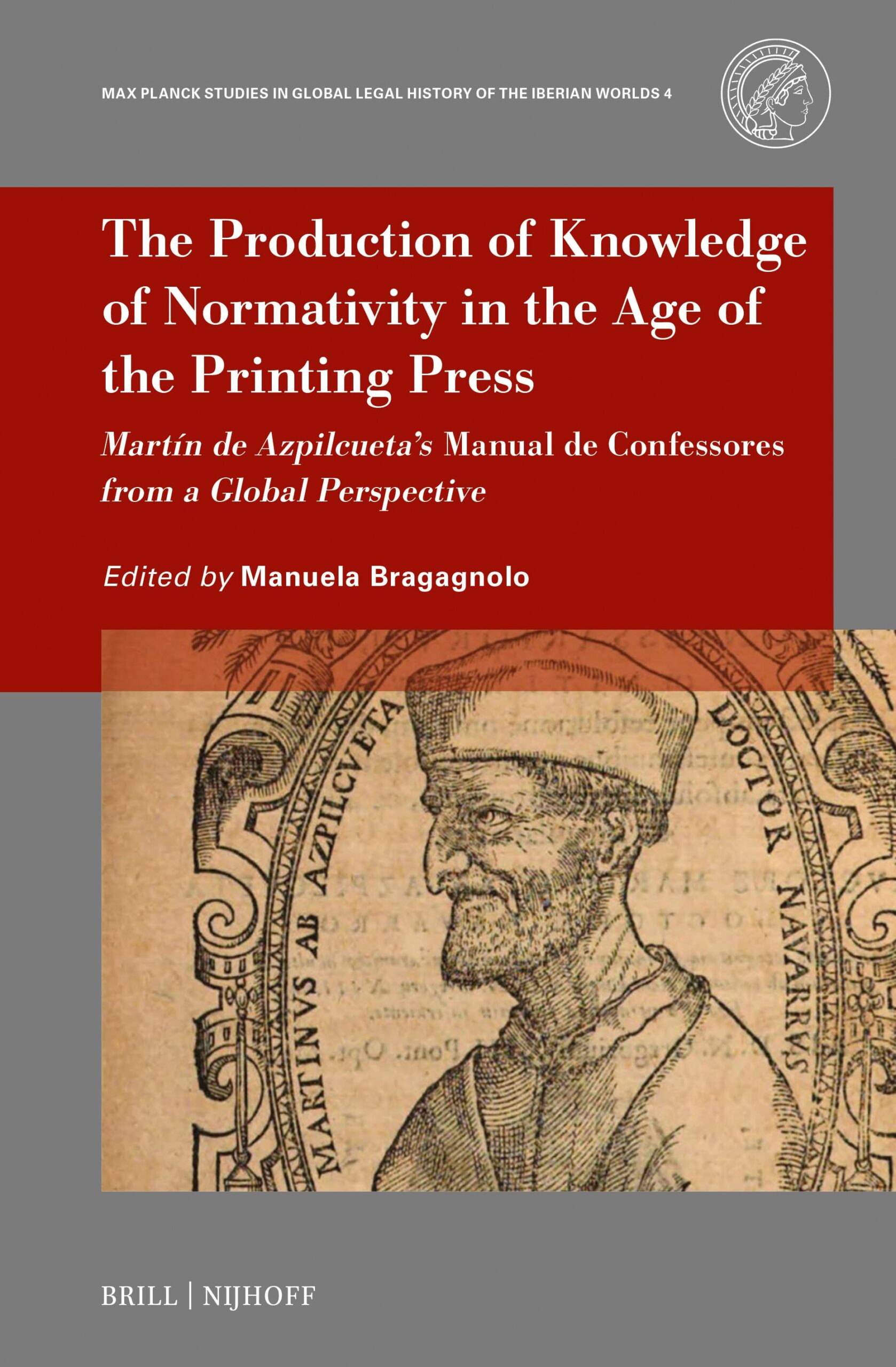From the department of Historical Regimes of Normativity at the Max Planck Institute for Legal History and Legal Theory

Non-state Law of the Economy – A Collection of Sources
The world of labor is only partially regulated by law. In many areas, non-state norms regulate the obligations of employers and employees. This regulatory mix has a long tradition in Germany. However, legal history has usually focused on the genesis and interpretation of statutory provisions. Although the existence of non-state law – especially in the form of collective bargaining agreements and work regulations – was known, its content was rarely presented and evaluated. The following report is about a project that responds to this research deficit and aims to help make a hitherto largely unknown world of norms visible again.

Por una Historia del Derecho ancha y ajena
La historia del derecho de los pueblos indígenas y comunidades campesinas de los Andes exige ir más allá de las tradicionales fuentes históricas y revalorar las narrativas y rituales de legitimación de los derechos localmente vigentes. Recuperar las narraciones históricas en sus lugares de enunciación (espacial, temporal, cultural) también demanda dialogar con esas colectividades y sus intelectuales, sean estos indígenas, campesinos o subalternos.

Migration and trade: two sides of the same coin?
What legal history can tell us about the philosophical and legal reciprocity between the right of free movement of trade and the duty to protect the migration and self-preservation of peoples.

How was Knowledge of Normativity Produced in the Early Modern Period? A Book on the Lab Table. Coordinates of an Experiment
How was knowledge of normativity produced in the in the age of early modern globalisation? To answer this question the fourth volume of the Max Planck Studies in Global Legal History of the Iberian Worlds puts a pragmatic book on the lab table: Manual de Confessores by the Spanish canon law professor Martín de Azpilcueta (1492-1586).
About Us
Legal History Insights is a blog about legal history, created by the researchers, guests and affiliated researchers of the department of Historical Regimes of Normativity at the Max Planck Institute for Legal History and Legal Theory.

 This work is licensed under a
This work is licensed under a 